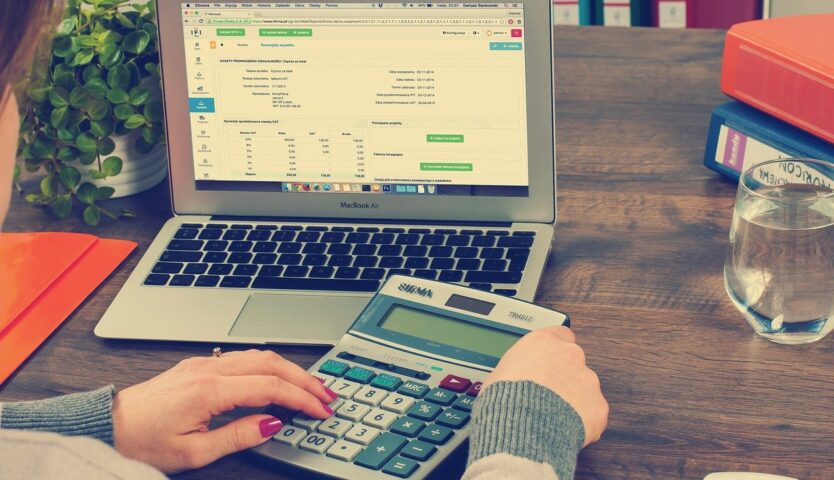It’s no secret that paying your taxes late comes with consequences including interest and penalties that could negatively affect your finances. Is a negative impact on your credit score another possible impact?
It’s easy to assume that any debts or money owing will be held against your credit score. When it comes to late taxes, it works a little differently.
Does the CRA Report to Canada’s Credit Bureaus?
In general, the Canada Revenue Agency will not report to Canada’s credit bureaus if you owe a small amount in income taxes, paid your taxes late, or received any basic penalties.
The CRA’s privacy policy restricts the amount of information they are able to share with outside organizations, including Canada’s credit bureaus. However, there is on exception: in the event that you owe enough in taxes for there to be a court case and a collection agency becomes involved, CRA is able to put a tax lien on your credit report. If your debts owing become public information via a court case or collections, your taxes owing will impact your credit score.
What Should I Do If I Owe Taxes?
Most of the time, an individual ends up paying taxes late if they are not in a financial position to pay taxes on time. In order to avoid late taxes affecting your credit, it’s best to deal with them immediately before the debt becomes too large. Ignoring the problem will not make it go away and could end up making it worse with ruined credit or even bankruptcy.
Even a small amount owing needs to be taken care of as soon as possible before interest charges inflate the original debt.
If you do owe taxes, here are some steps you can take to deal with the debt:
- Contact the CRA immediately: The Canada Revenue Agency doesn’t want to drag you through court cases, so they are often willing to work out a payment plan. If you can prove that you absolutely do not have the means to pay your owing taxes in a short amount of time, you may be able to work out a multi-year payment plan.
- The Taxpayer Relief Provision: If your tax situation meets certain criteria, your case may be forwarded to the Minister of National Revenue. Should your case be approved, you could receive tax penalty and interest relief.
- Save and spend responsibly: You should consider establishing a savings account for tax purposes and other emergencies. Being able to pay a portion of your tax bill is better than not paying anything.
What Does Affect My Credit Score?
Knowing what actions affects your credit score is important in keeping your credit score high.
While your taxes only affect your credit if they become a substantial debt, many other elements come into play when determining your credit score:
- Payment History: The largest part of your credit score is based on how well you pay your bills and owing amounts on credit products. It takes into consideration late, short, and missed payments – all of which can negatively affect your credit score.
- Utilization: Credit bureaus look at how much debt you have versus how much available credit you have. If you continually run your credit cards to their limits, this will lower your credit score.
- Credit History: The amount of time you’ve had your credit products also impacts your credit score. Debts that you’ve carried and maintain good payments on for many years look better than newer debts.
- Credit Product Variety: Credit bureaus also like to see a variety of credit products, not just credit cards. This includes loans, mortgages and lines of credit.
Why Take the Chance?
Any amount owing in late taxes, whether it be a large amount or small one, can spell trouble for your finances. Contact Liu & Associates today for more information on how you can avoid interest and penalties when you owe money on your taxes.
